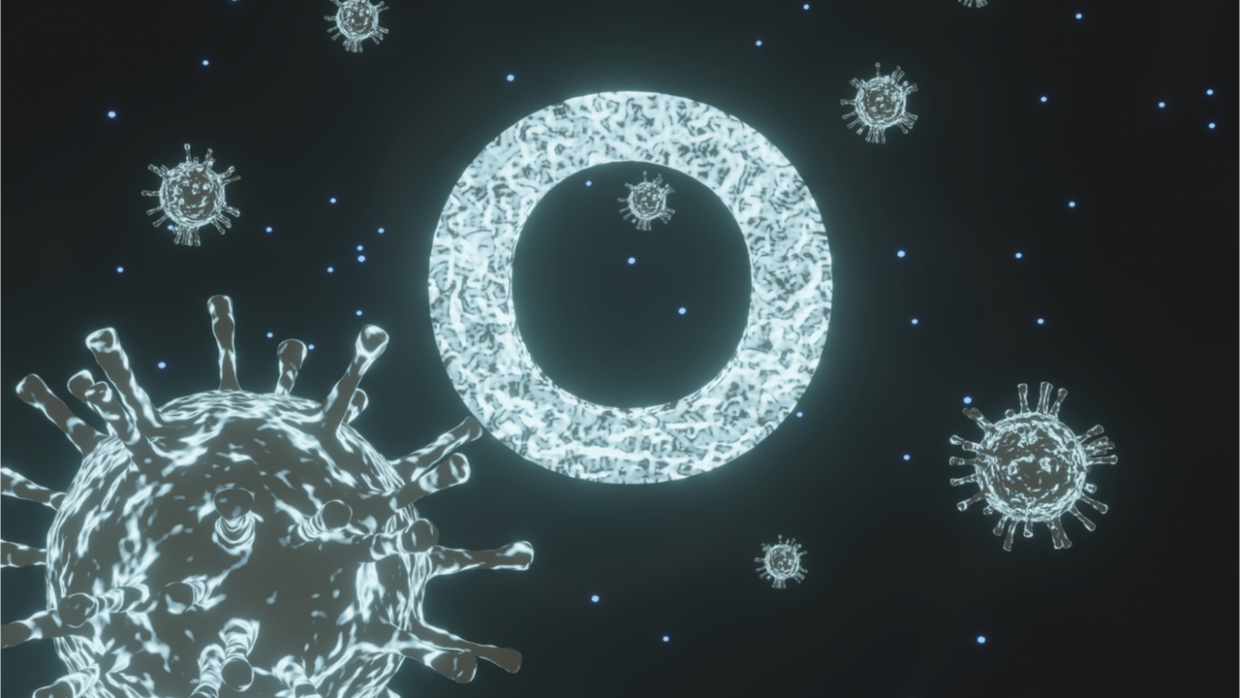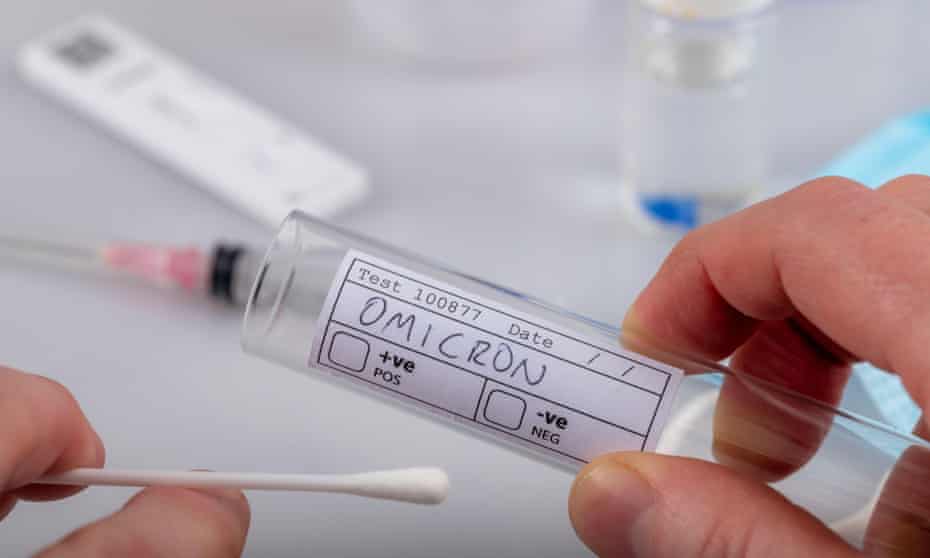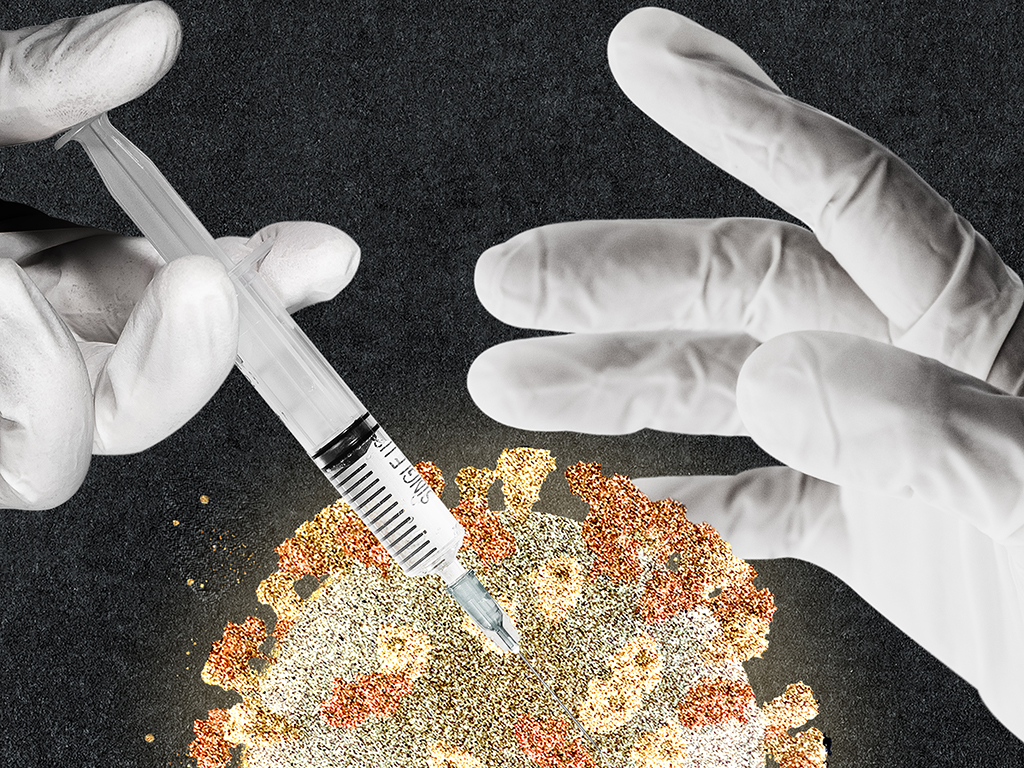Do We Need Different Vaccines For Omicron? Here’s What We Know So Far About The New Variant
 Thirsty for JUICE content? Quench your cravings on our Instagram, TikTok and WhatsApp
Thirsty for JUICE content? Quench your cravings on our Instagram, TikTok and WhatsApp

Although life has nearly gone back to “normal” for most Malaysians – thanks to high vaccination rates – it’s still too early to let our guards down.
As we plan our year end trips, celebrate the festive season, and enjoy our favourite social activities, we still need to keep the SOPs in mind to have an enjoyable yet safe experience.
The rapid global spread of the newly detected Omicron variant is a reminder that the battle against Covid-19 isn’t over yet.
Here’s what we know so far about this new coronavirus variant…
Note: Due to the Omicron variant being so new, the data/information below could differ once new observations and research findings are available.
What is the Omicron variant?
The Technical Advisory Group on SARS-CoV-2 Virus Evolution met today to review what is known about the #COVID19 variant B.1.1.529.
They advised WHO that it should be designated a Variant of Concern.
WHO has named it Omicron, in line with naming protocols https://t.co/bSbVas9yds pic.twitter.com/Gev1zIt1Ek— World Health Organization (WHO) (@WHO) November 26, 2021
Known initially as B.1.1.529, the Omicron coronavirus variant was first detected in South Africa by the country’s National Institute of Communicable Diseases (NICD) on 25 November, from samples taken from a laboratory from 14 to 16 November.
On Sunday, 28 November, Omicron had spread around the world, leading the World Health Organization (WHO) to dub it “a variant of concern”.
Is Omicron more dangerous than other variants?

As the Omicron variant is so new, researchers in South Africa and around the world are still conducting studies on this strain of the coronavirus and observing its development. So far, we know that:
- The WHO is currently uncertain whether Omicron is more transmissible than other variants, including Delta.
- While the number of positive cases, and rate of hospitalisation, has risen in areas of South Africa affected by this variant, it’s not clear whether this is due to Omicron or other strains of the coronavirus.
- It will take “days to several weeks” to understand whether Omicron is more severe compared to infections with other variants, including Delta, according to the WHO.
- No deaths linked to Omicron have been reported.
- “This variant has a large number of mutations and some of these mutations have some worrying characteristics,” says Maria Van Kerkhove, WHO’s technical lead for Covid-19. Omicron might also pose an increased risk of reinfection. Hence, the WHO considers this new variant’s overall global risk as “very high”.
- Symptoms of the Omicron variant so far are mostly mild and can be treated at home, says Dr. Angelique Coetzee, the South African doctor who was one of the first to suspect the emergence of a different coronavirus strain. That said, most cases have been detected in the 40 or younger age group, which tends to have milder symptoms.
- Omicron has been detected in South Africa, Botswana, the UK, Germany, Belgium, Italy, France, Czech Republic, Netherlands, Canada, Australia, Hong Kong, and Israel.
What are the symptoms of the Omicron variant?

For now, symptoms of Omicron among patients in South Africa, as reported by Dr. Coetzee, are mostly “very, very mild” and “very much related to a normal viral infection”. She says that the most predominant symptoms are:
- Severe fatigue for one or two days
- Headache and body aches/pain
So far, unlike the Delta variant, patients who tested positive have not experienced a loss of smell or taste. Additionally, they did not have a major drop in oxygen levels.
Are current vaccines effective against the Omicron variant?
The USA’s infectious disease chief, Dr Anthony Fauci, said it’s possible that vaccines might still work to prevent serious illness. In any case, getting vaccinated – and following up with your third booster dose as and when it’s needed – is better than not being vaccinated as it offers additional protection and helps Malaysia head towards achieving herd immunity.
Total cumulative booster doses administered by states as of 28 November 2021.
If you receive an appointment, please come for your booster dose. #PICKBooster #LindungDiriLindungSemua pic.twitter.com/83YkuJCAeq
— Vaksin COVID-19 🇲🇾 (@JKJAVMY) November 29, 2021
Preliminary evidence also suggests that those who have previously had COVID-19 may be at higher risk of becoming reinfected more easily with Omicron, compared to other variants of concern. However, information on this is currently limited.
What vaccine makers are saying about Omicron (cont):
-Moderna announces 3-pronged strategy:
-evaluating full booster dose of original vaccine
-studying two multi-valent boosters
-advancing Omicron-specific boosterhttps://t.co/ebYbLVbLVB (5/2)— Meg Tirrell (@megtirrell) November 26, 2021

Do existing Covid-19 tests detect the Omicron variant?
PCR tests are able to detect those infected with Omicron. As for other types of Covid-19 tests, including rapid antigen detection tests, more studies are needed to confirm whether they’re as effective in detecting this new variant.
Has the Omicron variant been detected in Malaysia?
At the time of writing, Health Director-General Tan Sri Dr Noor Hisham Abdullah told the New Straits Times that “no cases (of Omicron) have been detected yet in Malaysia”.
However, Monash University Malaysia’s molecular virologist Dr Vinod Balasubramaniam cautions that Omicron is likely “already here or near us”.
To keep Omicron out of Malaysia, a travel ban now applies to seven African countries: South Africa, Botswana, Eswatini (formerly Swaziland), Lesotho, Mozambique, Namibia, and Zimbabwe.
To keep ourselves and those around us safe, always double-mask when you step out of the house, keep a safe distance from others, and sanitise. It’s the best we can do to stay protected!


 Get Audio+
Get Audio+ Hot FM
Hot FM Kool 101
Kool 101 Eight FM
Eight FM Fly FM
Fly FM Molek FM
Molek FM
